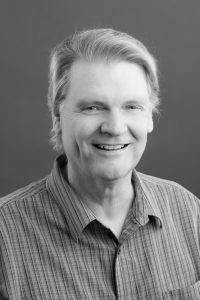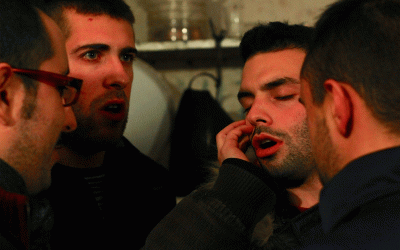Walter A. Clark
Date:
Thursday March 23, 2017
Time and Location:
2:00-3:30pm, Waters Room, Zimmerman Library
Title:
Spain the ‘Eternal Maja’: Goya, Majismo, and the Reinvention of Spanish National Identity in Granados’s Goyescas.
Description:
This talk will explore the influence of artist Francisco Goya (1746-1828) on one of the greatest masterpieces of Spanish music, the Goyescas suite for solo piano by Enrique Granados (1867-1916). Goya and Granados helped redefine the Spanish nation during a period of imperial decline and culture florescence ca. 1900.
 Biography:
Biography:
Walter Aaron Clark is a professor of musicology and director of the Center for Iberian and Latin American Music at the University of California, Riverside. He is the author of groundbreaking Oxford biographies of Isaac Albéniz, Enrique Granados, and Federico Moreno Torroba, and he is currently conducting research on a biography of Joaquín Rodrigo. In recognition of his contributions to the study and promotion of Spanish music and culture, King Felipe VI of Spain conferred on him the title of Comendador de la Orden de Isabel la Católica (Commander of the Order of Isabella the Catholic), a Spanish knighthood.
Sponsors:
The University of New Mexico Department of Music, the Latin American and Iberian Institute, and the Center for Southwest Research.
Snapshot
A Collaborative program featuring both student and faulty from the departments of Music and Theatre & Dance.
Dr. Ana R. Alonso-Minutti Releases Book of Co-Edited Collection of Essays
A Book Presentation & Signing event for Dr. Alonso-Minutti co-edited collection of essays, Experimentalisms in Practice: Music Perspectives in Latin America, published by Oxford University Press earlier this year, at the UNM Bookstore.
Cuncordu Sas Bator Colonnas perform at Outpost
Sas Bator Colonnas is a multipart singing group from the Scano di Montiferro, a mountainous region in central Sardinia, Italy. Antioco Milia, Antonio Carboni, Stefano Desogos and Francesco Fodde started singing together in 2002, carrying on the vernacularmultipart singing practice, one of the most representative cultural forms of their village and their island, which is performed by four male singers and called cuncordu.



